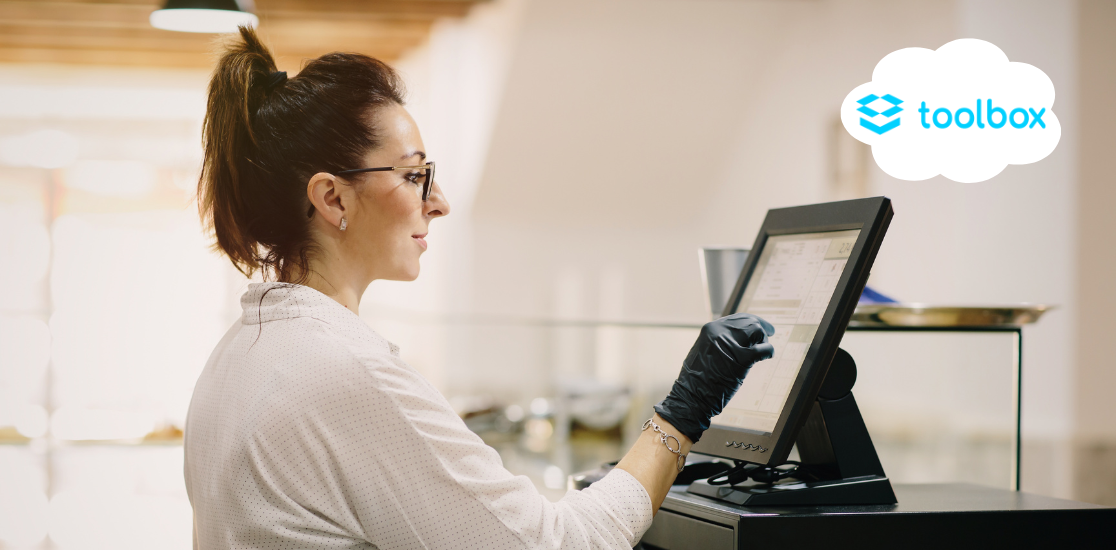The Ultimate Guide to Point of Sale (POS) System Software

In today’s fast-paced business world, having the right Point of Sale (POS) system is critical for businesses of all sizes. Whether you own a retail store, a café, or a service-based business, POS system software is essential for streamlining operations, managing inventory, and processing payments efficiently.
What is POS System Software?
A Point of Sale (POS) system software is a combination of hardware and software that allows businesses to complete sales transactions. It’s more than just a cash register—it helps manage inventory, track sales, generate reports, and improve customer experiences. Modern POS systems integrate seamlessly with other business tools, such as accounting software, inventory management systems, and customer relationship management (CRM) software.
Key Features of POS System Software
When selecting a POS system, it’s important to consider the features that align with your business needs. Here are some key features that modern POS software should offer:
- Sales Tracking: A POS system tracks sales data, helping you analyze sales trends and understand which products are most popular.
- Inventory Management: Manage stock levels in real-time, set alerts for low stock, and automate purchase orders.
- Customer Management: Collect and store customer data, including purchase history, preferences, and contact details.
- Payment Integration: Support multiple payment methods, including credit cards, mobile payments, and contactless transactions.
- Reporting and Analytics: Generate detailed reports on sales, employee performance, inventory, and more to make informed decisions.
- Multi-location Management: For businesses with multiple stores, the ability to track inventory and sales across all locations is crucial.
Benefits of POS System Software
A POS system software brings many benefits to your business, including:
- Streamlined Operations: By automating tasks like inventory management and sales tracking, POS systems free up time for you and your staff to focus on providing excellent customer service.
- Improved Accuracy: Manual data entry can lead to errors. POS systems minimize mistakes by automating transactions and inventory updates.
- Enhanced Customer Experience: Faster transactions and personalized service based on customer data help you create a better shopping experience.
- Better Business Insights: With detailed reports and analytics, you can make data-driven decisions that improve profitability and growth.
Related Keywords to POS System Software
- Retail POS system
- POS software for small business
- POS inventory management
- Cloud-based POS systems
- Mobile POS software
- Multi-store POS software
- POS payment integration
FAQs
Q: What types of businesses need a POS system?
A: Any business that handles transactions, from retail stores to restaurants to repair shops, can benefit from using a POS system. It helps with inventory tracking, sales management, and customer relationship management.
Q: How does POS software manage inventory?
A: POS software monitors stock levels in real-time. It can notify you when items are running low and even automate reordering, ensuring you never run out of key products.
Q: Can a POS system track customer preferences and orders?
A: Yes, modern POS systems include customer relationship management (CRM) capabilities, allowing you to track customer preferences, purchase history, and personalized offers.
Q: What’s the difference between traditional and cloud-based POS systems?
A: Traditional POS systems store data locally, while cloud-based systems store data online, providing access from any device with internet connectivity. Cloud-based POS systems are more flexible and scalable.
Q: Can I use a POS system for multiple locations?
A: Yes, many POS systems offer multi-location management, allowing you to track sales and inventory across various stores from a single dashboard.
Conclusion
Implementing a POS system software is a game-changer for businesses looking to improve efficiency, accuracy, and customer service. With the right features—such as sales tracking, inventory management, and payment integration—your business can streamline operations and make smarter decisions based on real-time data.
Whether you own a retail shop, a restaurant, or a service-based business, a POS system can provide the tools you need to grow and succeed in today’s competitive market.
